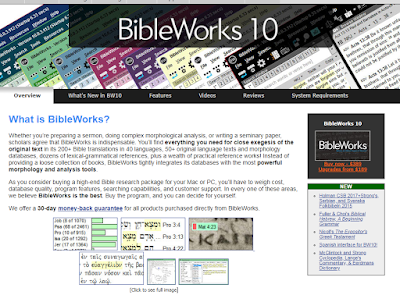 |
| My YouTube channel where I post all my instructional videos |
It's been a whirl-wind couple of weeks culminating at SBL-AAR 2018, enjoying Thanksgiving, and getting back to work on grading and teaching. I wish I had more time to reflect on the SBL conference and the sessions that I heard but I think I'm just going to have to plunge into the end of the Fall semester since the final exams are coming around the corner in a few weeks.
That said, it was nice to see my 2nd blog post published at the Wabash Center for Teaching Theology and Religion as part of their ongoing series in online education. In the 2nd blog article, I write on the tech tools necessary for the would-be course designer and instructor to teach biblical languages online, focusing on the current course I'm teaching at North Park. The technology is available and affordable to teach beginning Greek (and Hebrew) well and effectively for today's online learning community. If you're curious, check out my blog article entitled: "G(r)eeking out over Online Tech Tools" here.
Blessings as we head into Advent in one week's time. MJL













